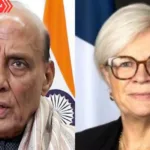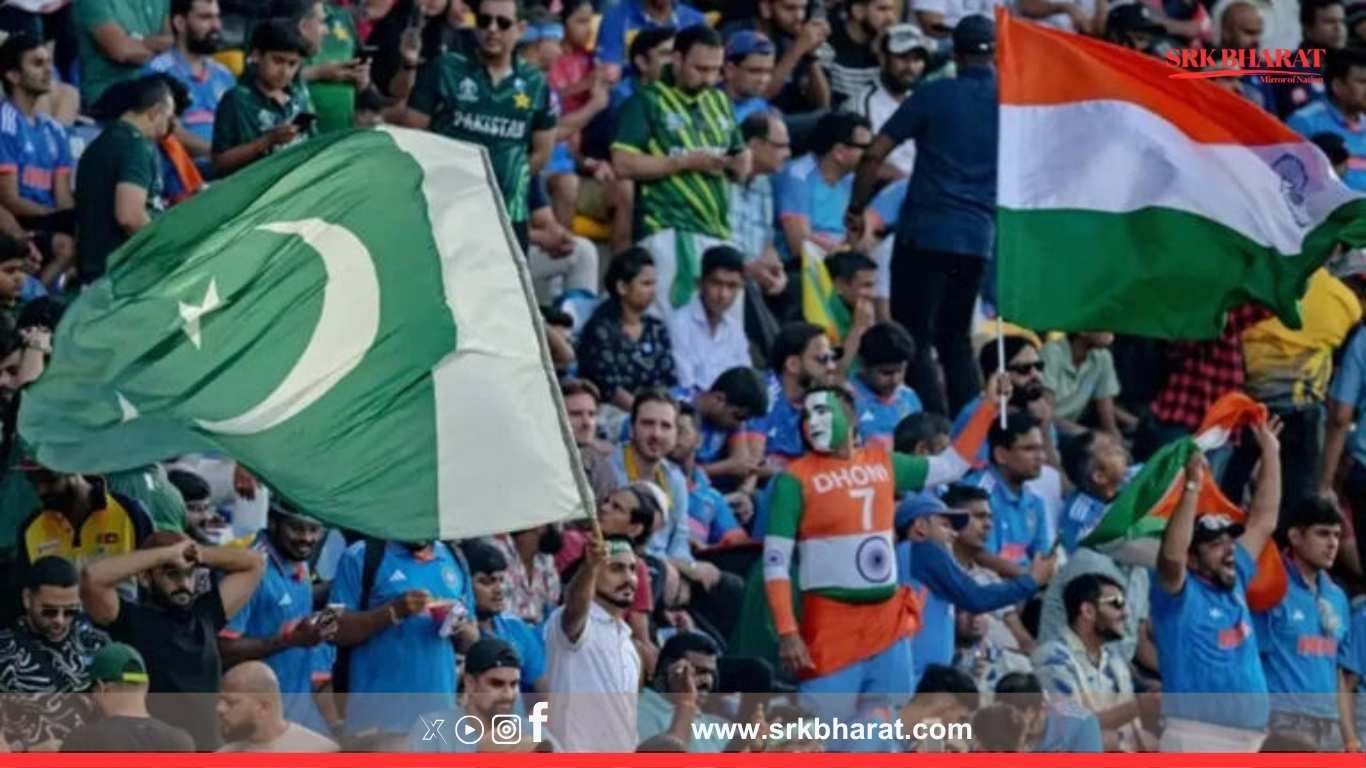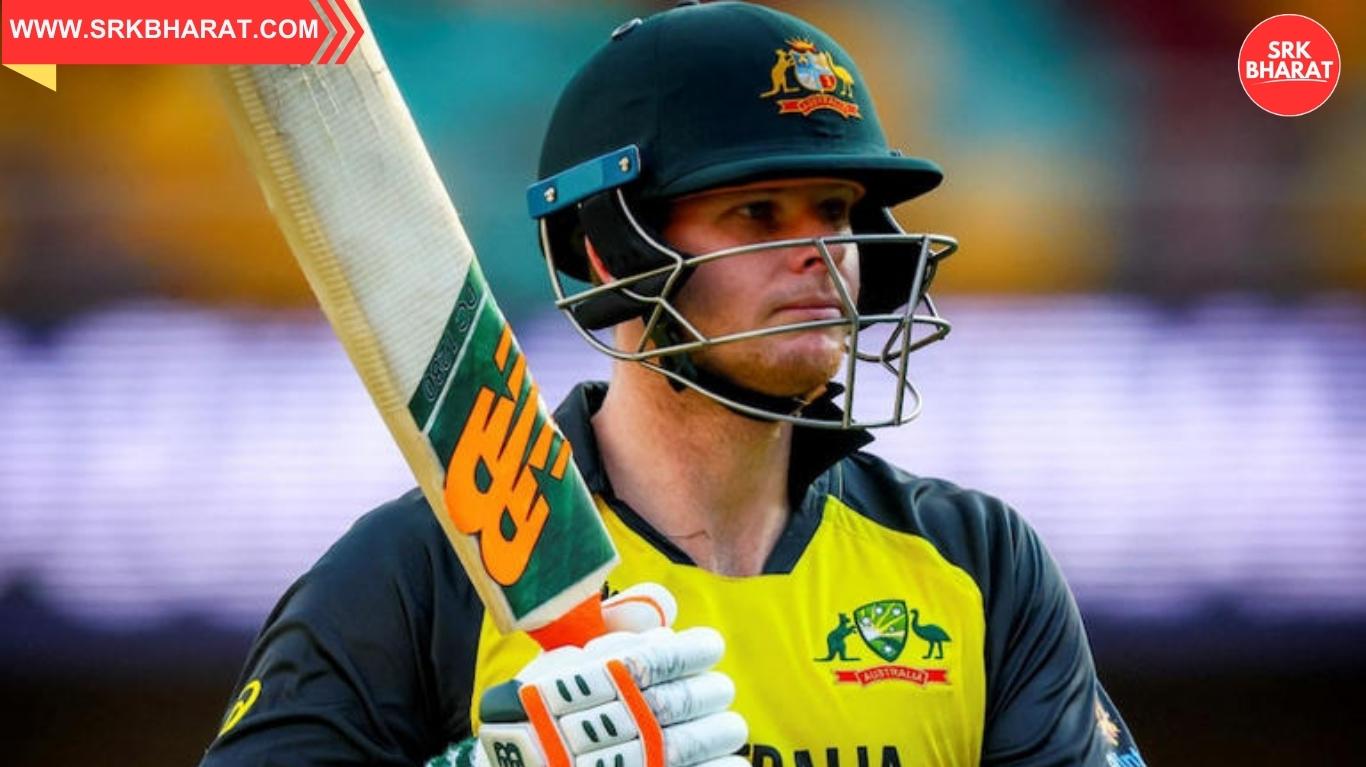In a surprising yet politically predictable development, the Asia Cup 2025 will not be played in India—despite the country officially being declared as the host by the Asian Cricket Council (ACC). Instead, the prestigious tournament will be held in the United Arab Emirates (UAE), a move that has sparked widespread debate across cricketing circles. While logistics, infrastructure, and commercial viability have been cited by some as influencing factors, the real reason lies in the contentious ‘P’ factor—Pakistan.
This development is not without precedent, but it holds massive implications for the future of India-Pakistan cricket relations, ACC functioning, and regional diplomacy in sports. The decision, though expected by many insiders, underscores the deep-rooted political divide that continues to overshadow cricket in South Asia.
The Political Backdrop
India and Pakistan have not played a bilateral cricket series since 2012-13. While the two sides meet in ICC or ACC tournaments, their diplomatic ties remain fraught with historical baggage, border conflicts, and cross-border terror concerns.
Given this scenario, India hosting an event where Pakistan participates becomes a complicated diplomatic question. The Indian government has not granted clearance for Pakistani athletes or teams to travel for sports tournaments in recent years, except for major ICC events. With general elections and national security priorities dominating India’s internal narrative, it was clear that hosting Pakistan on Indian soil for a multi-nation cricket tournament would be next to impossible.
The Hybrid Model Rejected
It was initially believed that a hybrid hosting model, like the one used for Asia Cup 2023 (co-hosted by Pakistan and Sri Lanka), would be an option. However, BCCI was reluctant to adopt such a format for a tournament it was set to host. The Board of Control for Cricket in India (BCCI) maintained a firm position that India would not travel to Pakistan and would also not permit Pakistan to play in India without central clearance.
Consequently, the ACC proposed shifting the entire tournament to a neutral venue—the UAE—a trusted host that has previously handled high-stakes cricket in politically neutral settings, including editions of the IPL and multiple Asia Cup tournaments.
Why UAE Was Chosen
The UAE emerged as the preferred venue due to several key reasons:
- Neutral Territory: It is acceptable to both India and Pakistan.
- Proven Infrastructure: Sharjah, Dubai, and Abu Dhabi offer world-class cricket stadiums.
- Broadcasting Ease: Time zones and facilities cater to Asian primetime viewership.
- Commercial Revenue: High expat population ensures large crowds and sponsor interest.
- Political Safety Net: Avoids any direct confrontation or diplomatic mishap.
Implications of Hosting Shift
| Aspect | Impact |
|---|---|
| India as Official Host | BCCI retains administrative rights but loses out on home-ground advantage |
| Pakistan Participation | Enabled without political friction |
| Fan Travel | Easier access for both Indian and Pakistani fans to UAE |
| Economic Ramifications | India loses out on local tourism and stadium revenue |
| Strategic Messaging | Diplomacy still trumps cricket despite official hosting rights |
Tournament Timeline and Format
The Asia Cup 2025 is tentatively scheduled for September 2025, just ahead of the ICC Champions Trophy 2025, which is ironically scheduled to be hosted by Pakistan—pending further confirmation.
The tournament will follow a 50-over format in preparation for the Champions Trophy, and the following teams are expected to participate:
| Teams |
|---|
| India |
| Pakistan |
| Sri Lanka |
| Bangladesh |
| Afghanistan |
| One Qualifier (ACC Playoffs) |
The format will consist of two groups, with the top two from each group progressing to the Super Four stage, followed by a final.
India vs Pakistan: A Clash Beyond Cricket
One of the biggest crowd-pullers in world cricket is the India vs Pakistan match, which is bound to be a centerpiece in Asia Cup 2025. By hosting the tournament in UAE, organizers ensure that:
- The match takes place without diplomatic hurdles.
- Broadcasters and sponsors get the high-voltage clash.
- Fans get a taste of the fierce rivalry in a charged yet safe environment.
Had the tournament stayed in India, either Pakistan would have withdrawn or India would have had to negotiate unprecedented government approval—an unlikely scenario.
Reactions from Cricket Boards
- BCCI: Maintained silence on the matter officially but insiders reveal the board was not keen on compromising national policy for the sake of sport.
- PCB: Welcomed the decision, viewing it as a diplomatic win that places pressure back on India for future bilateral engagement.
- ACC: Issued a neutral statement emphasizing regional harmony and the spirit of cricket.
Historical Context of Neutral Venues in Asia Cup
| Year | Host | Neutral Venue Justification |
|---|---|---|
| 2018 | UAE | Hosted by BCCI due to political tensions with Pakistan |
| 2022 | UAE | Shifted from Sri Lanka due to economic crisis |
| 2023 | Pakistan/Sri Lanka | Hybrid model amid India-Pakistan tension |
| 2025 | UAE (again) | Officially hosted by India, but moved due to the ‘P’ factor |
What’s Next for India-Pakistan Cricket?
With Asia Cup and Champions Trophy squeezed between tense relations and uncertain travel permissions, the future of bilateral cricket remains grim. Until there is a significant thaw in political ties, fans will likely only see India vs Pakistan clashes in neutral venues or ICC tournaments.
However, cricket diplomacy—if managed well—could serve as an icebreaker. There is precedent, such as the 2004 India-Pakistan tour which played a crucial role in Track II diplomacy.
Commercial Stakes
Shifting the tournament to UAE doesn’t entirely dilute commercial prospects. In fact, the emirate’s tax benefits, expat crowd pull, and high-end hospitality services could result in:
- Higher per capita revenue per match
- Enhanced sponsor activations across malls, airlines, and hotels
- Increased global viewership due to neutral time zones
Fan Sentiment
While UAE offers logistical ease and neutrality, many Indian fans have expressed disappointment. Losing out on the opportunity to watch home matches involving Rohit Sharma, Virat Kohli, and Jasprit Bumrah is a bitter pill, especially for fans from cricket-obsessed cities like Mumbai, Delhi, and Chennai.
Conclusion: When Politics Overshadows Pitch
The Asia Cup 2025 will go ahead—but not as originally planned. India, though officially the host, will manage affairs from a distance, while UAE will carry the real weight of hosting duties. The ‘P’ factor once again proves that in South Asian cricket, politics often walks ahead of the pitch.
As fans gear up for another high-voltage tournament, the hope remains that cricket will someday rise above geopolitics to reconnect the subcontinent through the common language of sport.
Disclaimer:
This article is based on confirmed administrative decisions and cricket board communications. It reflects current scheduling and diplomatic conditions as of the time of publication. Future developments could influence the structure or location of the event.











